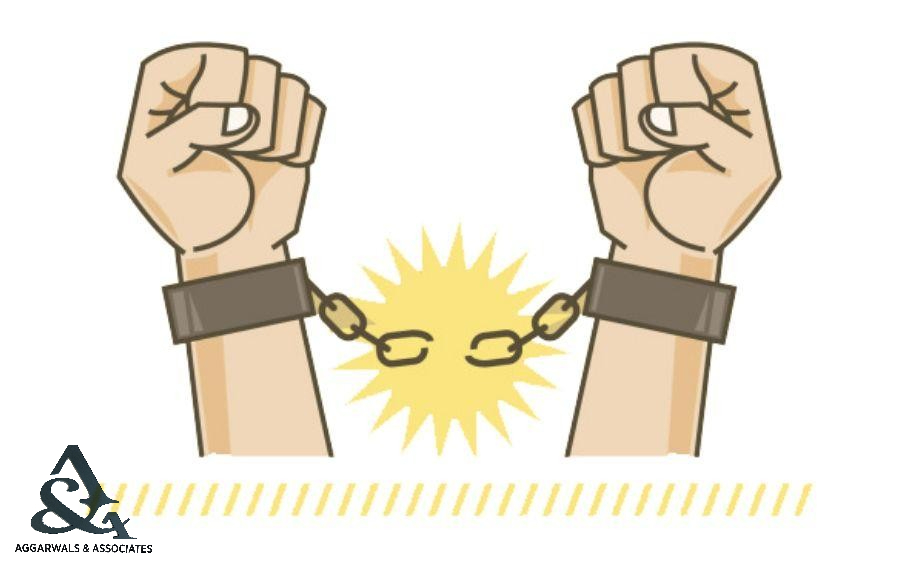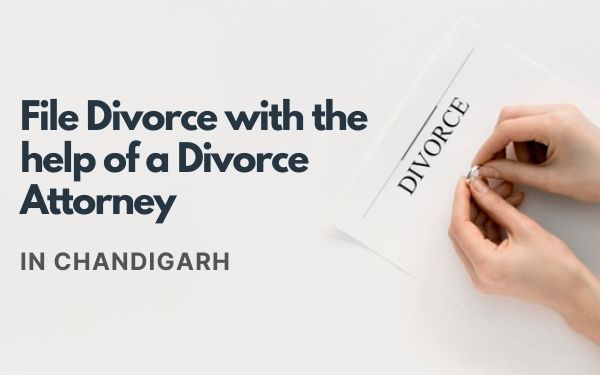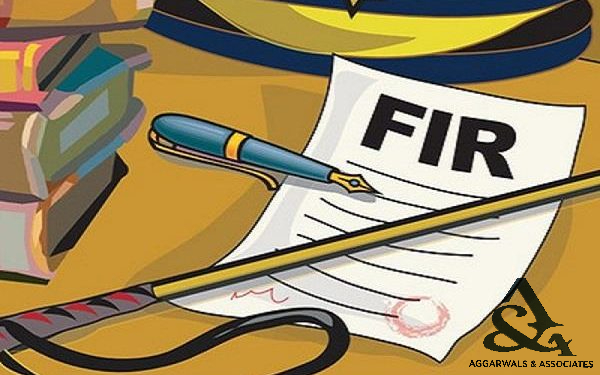
Regular Bail
“Bail is a rule, Jail is an exception.”
-Justice V. R. Krishna Iyer
What does mean by the term ‘Regular Bail’?
The origin of term ‘Bail’ is from an old French verb ‘Baillier’ which means ‘to give or convey’.The question of filing the Regular Bail arises when the person accused got apprehended by the police authorities. It is a temporary release of the accused either with or without surety with the promise to appear in court when required. It applies certain restrictions on a suspect to ensure that they comply with the judicial process.
Which court has the jurisdiction to grant Regular Bail?
Section 436 and 437 of Code of Criminal Procedure empowers a Court and an officer-in-charge of the police station to grant regular Bail to the person accused that has been arrested or suspected in the commission of an offence.Also, High Court or Court of Session can grant regular Bail to any person accused of an offence and in custody under section 439 of Code of Criminal Procedure.
What are the considerations to be taken by the Court?
The factors which the Court has to consider before granting regular bail, though not exhaustively-
- The nature of accusation and the severity of punishment in case of conviction.
- The possibility of the accused fleeing from justice.
- The possibility of tampering with the evidence or the witnesses.
- The possibility of obstructing the course of justice or attempting to do so.
- The possibility of repetition of the offence.
- The peculiar facts of each case and nature of supporting evidence.
- The prima facie satisfaction of the Court in support of the charge.
- Character behavior and standing of the Accused and the circumstances which are peculiar to the Accused.
- Larger interest of the public or the State.
Under what provisions Regular Bail can be granted?
- In case of Bailable Offences:
If the person accused of any Bailable offence then he/she is entitled for Regular Bail as a matter of right under Section 436 of Code of Criminal Procedure, 1973. In Bailable offences bail is a right and not a favor. In such offences there is no question of any discretion in granting bail.
- In case of Non-Bailable Offences:
If the person accused of any non-bailable offences then he/she does not have the right to apply for regular bail as laid down under Section 437 of Code of Criminal Procedure, 1973. It is the discretion of the court to grant regular bail in case of non-bailable offences. However, there are two exceptions in which case regular bail can be refused-
- If there appear reasonable grounds for believing that he has been guilty of an offence punishable with death or imprisonment for life.
- If such offence is a cognizable offence and he had been previously convicted of an offence punishable with death, imprisonment for life or imprisonment for seven years or more, or he had been previously convicted on two or more occasions of a non- Bailable and cognizable offence.
The section further provides that the Court can grant regular bail to person accused who comes under above sub-sec (a) & (b) if such person is under the age of sixteen years or is a woman or is a sick or infirm or if the Court is satisfied that it is just and proper so to do for any other special reason.
What are the grounds for cancellation of Regular Bail?
The regular bail granted can be cancelled or dismissed under section 437(5) and 439(2) of Code of Criminal Procedure. The Court also has power to cancel the bail even at a later stage. However, the following grounds for cancellation of regular bail are illustrative and not exhaustive. The following are the grounds where the regular bail of the person accused can be cancelled where he-
- Misuses his liberty by indulging in similar criminal activity.
- Interferes with the course of investigation.
- Attempts to tamper with evidence of witnesses.
- Threatens witnesses or indulges in similar activities which would hamper smooth investigation.
- Attempts to flee to another country.
- Attempts to make himself scarce by going underground or becoming unavailable to the investigating agency.
- Attempts to place himself beyond the reach of his surety, etc.
Conclusion:
The personal liberty is of utmost importance in our constitutional system. There is a strong need for a complete review of the bail system keeping in mind the socio-economic condition of the majority of our population. It would be unjust and unfair to deprive the alleged accused of his/her liberty during the pendency of the criminal proceeding without considering the facts and circumstances of the case.While granting regular bail the court should consider the socio-economic plight of the accused and also have some compassionate attitude towards them.It is the duty of the Court to decide the regular bail applications at the earliest with a written reasoned order, based on the bona fides of the applicant in light of prevailing facts and circumstances.
–Shrinkhla
Associate at Aggarwals & Associates, S.A.S. Nagar, Mohali





Recent Comments